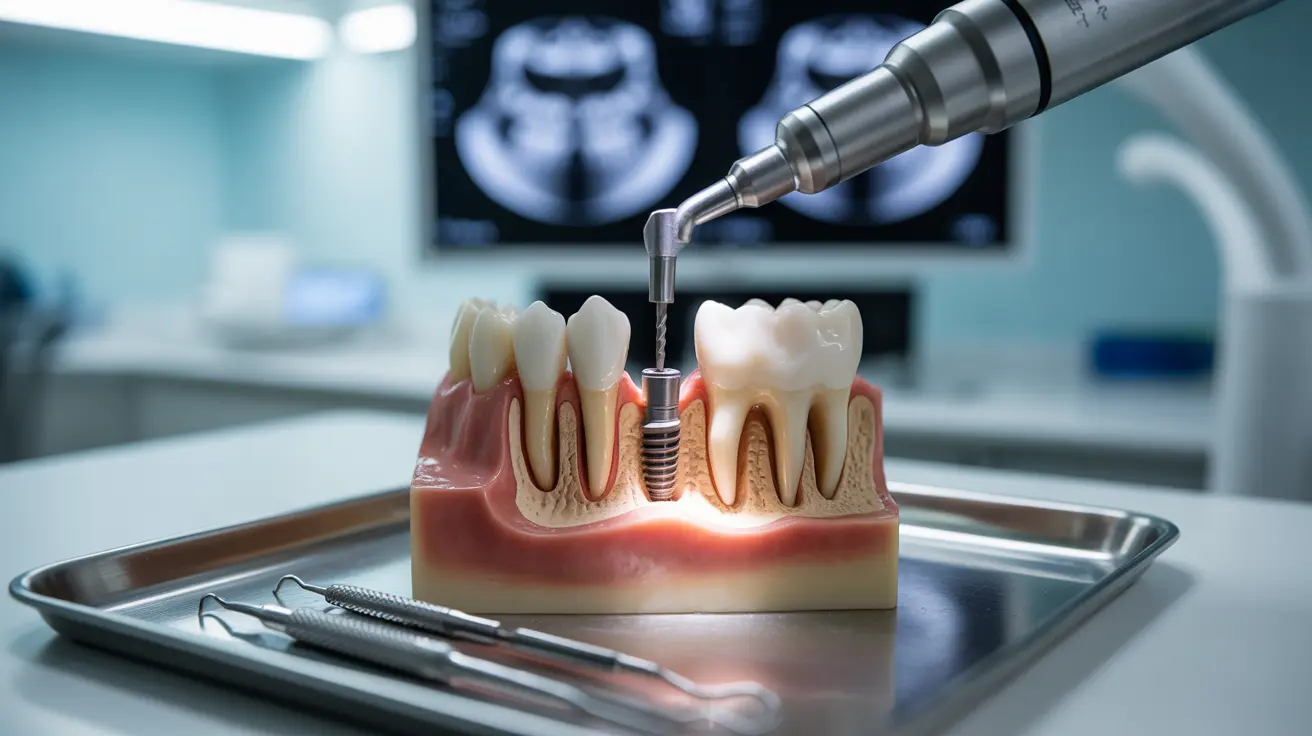Living with osteoporosis doesn't automatically disqualify you from getting dental implants. While this bone-weakening condition requires special considerations, many people with osteoporosis successfully receive dental implants through careful planning and appropriate medical management.
Understanding the relationship between osteoporosis and dental implants is crucial for making informed decisions about your oral health. This comprehensive guide explores the possibilities, considerations, and important factors to discuss with your healthcare providers.
Understanding the Impact of Osteoporosis on Dental Implants
Osteoporosis affects bone density throughout the body, including the jawbone where dental implants are placed. The condition can influence both the initial implant placement and long-term success of the procedure. However, with proper evaluation and treatment planning, dental implants can still be a viable option for many patients with osteoporosis.
Key Considerations for Implant Success
Bone Density Assessment
Before proceeding with dental implants, your dental team will carefully evaluate your jawbone density using specialized imaging techniques. This assessment helps determine if you have sufficient bone mass to support implants or if additional procedures might be necessary.
Medical History Review
Your healthcare providers will review your complete medical history, including your osteoporosis treatment plan and any medications you're taking. This is particularly important for patients taking bisphosphonates or other bone-strengthening medications.
Treatment Planning and Preparation
Bone Grafting Options
If bone density is insufficient, bone grafting procedures can help create a stronger foundation for dental implants. These procedures may include:
- Autogenous bone grafts
- Synthetic bone substitutes
- Platelet-rich plasma treatments
Medication Management
Your healthcare team may need to adjust your osteoporosis medications temporarily before and after implant surgery. This coordination between your dentist and primary care physician is essential for optimal outcomes.
Special Considerations During Recovery
The healing process for dental implants in patients with osteoporosis may require additional monitoring and care. Your dental team will create a customized follow-up schedule to ensure proper integration of the implants with your bone tissue.
Risk Management Strategies
Successfully managing dental implants with osteoporosis often involves:
- Regular dental check-ups
- Careful oral hygiene practices
- Ongoing bone health monitoring
- Proper nutrition support
- Lifestyle modifications when necessary
Frequently Asked Questions
Can people with osteoporosis safely get dental implants?
Yes, many people with osteoporosis can safely receive dental implants. Success depends on careful evaluation, proper planning, and potentially additional procedures like bone grafting. Each case requires individual assessment by qualified healthcare providers.
How does osteoporosis affect the success and stability of dental implants?
Osteoporosis can impact implant stability due to reduced bone density and quality. However, with proper screening, treatment planning, and potentially supplementary procedures, many patients achieve successful long-term outcomes.
What are the risks of dental implant failure for patients with osteoporosis?
The primary risks include slower healing times, potential implant loosening, and complications related to bone integration. These risks can be minimized through careful planning, appropriate surgical techniques, and close monitoring during recovery.
What assessments are needed before dental implant surgery if I have osteoporosis?
Required assessments typically include comprehensive bone density scans, detailed medical history review, evaluation of current medications, and specific dental imaging to assess jaw bone quality. Your dental team may also coordinate with your primary care physician.
How can bone grafting and osteoporosis treatments impact dental implant outcomes?
Bone grafting can significantly improve implant success rates by creating a stronger foundation for the implants. Properly managed osteoporosis treatments, combined with appropriate surgical techniques, can contribute to positive long-term outcomes.
Understanding your options and working closely with your healthcare team can help ensure the best possible results when pursuing dental implants with osteoporosis. Always maintain open communication with your providers and follow their recommended treatment protocols for optimal success.




